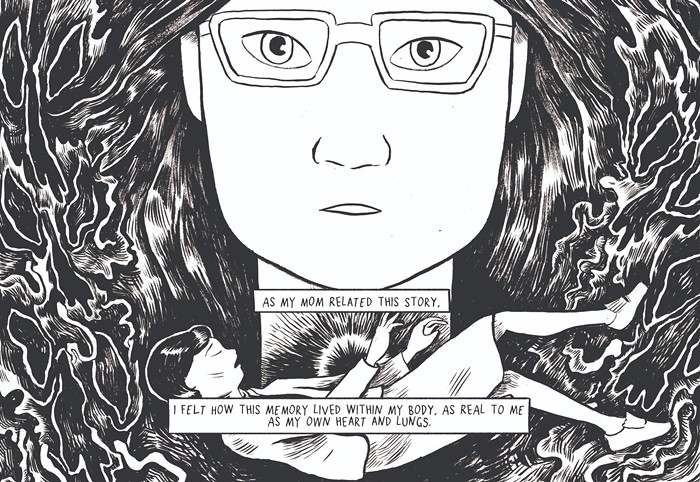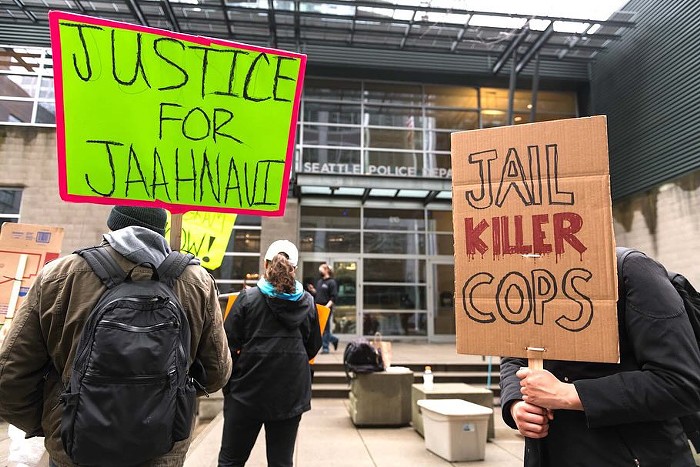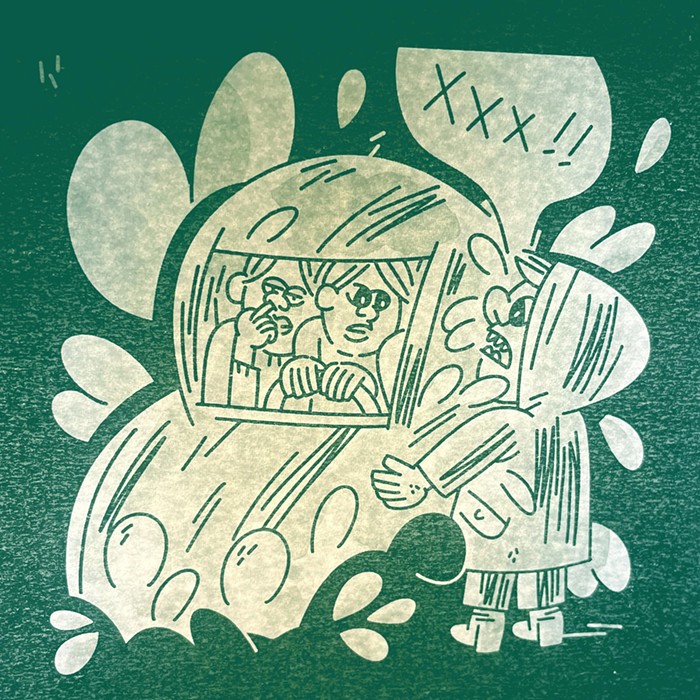
I got an interesting email from a professor at the University of Washington this week about something that happened during a job search in his department. “A woman who I would like to see hired to help me teach Intro might not be hired because she said ‘you guys’ in a room that had both men and women,” his email read. “The preferred terms are either ‘ya’ll’ or ‘folks.’”
What’s so problematic about “guys”? Apparently, it's sexist. As Vox noted in a 2015 piece about the term, Alice Walker has said it represents a "fear of being feminine." On this, I disagree. “Guys” may have started out referring to a group of males, but today, the plural of "guy" doesn’t mean "men," it means, “more than one human." If you are in need of a gender-neutral term, “guys” is a pretty decent one. The dictionary even defines it as “people of either sex.”
In the UW department where the professor who emailed me teaches, internal guidelines provided to faculty and staff advise employees to “try replacing ‘you guys’ with ‘folks,’ ‘everyone,’ or ‘ya’ll.’" It also advises personnel to "try saying ‘all genders’ instead of ‘men and women.’” This nod to inclusively is, I am sure, welcome to many, especially nonbinary people who don’t identify as either women or men. But I do find it rather ironic that the righteous people in, say, Seattle, think replacing the word “guys” with the word “ya'll” is somehow less problematic. If “guys” is verboten, how is co-opting the language and culture of the South any better?
Now, I’m not generally one to get mad about cultural appropriation. Culture, like DNA, is designed to spread, and I tend to think that multiculturalism benefits everyone. That said, I do understand why it's annoying when those unconnected to a culture adopt parts of it and turn a profit, often without any sort of credit for the very people who originated the thing being appropriated. According to some, this tends to happen with things where the originators were penalized for doing it in the first place. The black musician and writer Gabriella Evangeline, for example, wrote about going to get her hair braided and discovering that the braider was a white women who had box braids herself: "Not only was I livid about wasting my money on terrible braids, I was also deeply hurt that she could take this hairstyle and wear it so shamelessly even though black women were punished for it regularly if they did the same thing." And the word "y'all" is one that, historically, people have been penalized with using. Even in the South, it's often not considered "proper English." I'm from North Carolina, and kids in my school who said "y'all" were constantly being corrected, even though it was as common in daily speech as chewing tobacco—and back then everyone dipped.
Although historians still don’t know if the word "y'all" originated in the South or was imported from slaves and/or Scots-Irish immigrants, it first appeared in text, according to the The English Dialect Heritage of the Southern United States, in 1824. Over the decades, it's spread outward, and while I think there's very little wrong with the migration of language, if you need more evidence that academics in the Pacific Northwest using this word is, indeed, an example of cultural appropriation, take this: The good people at UW can't even spell the word correctly. The word is “y’all,” as in “you all,” and the apostrophe always goes after the y. If you ask me, putting it anywhere else should negate one’s right to use it.
Language evolves. This is hardly a secret. I grew up saying “cool” and “radical” and “awesome”; today’s teens call everything “gucci" for some reason. But does encouraging, or, in some cases, forcing, the use of more “inclusive” language really do much of anything? Personally, I doubt it. We could, for instance, replace the word “women” with the thoroughly unpronounceable term “womxn” (and plenty of people are trying) but will this really make life better for women or, for that matter, for womxn? And while policing other peoples’ language might be a long and storied tradition, if, as the UW professor said, a qualified female job candidate won’t get a job because she used the wrong word, how is that inclusive for anyone? Regardless, if UW faculty are going to push the adoption of "y'all," the least they could do is learn how to spell it.



















